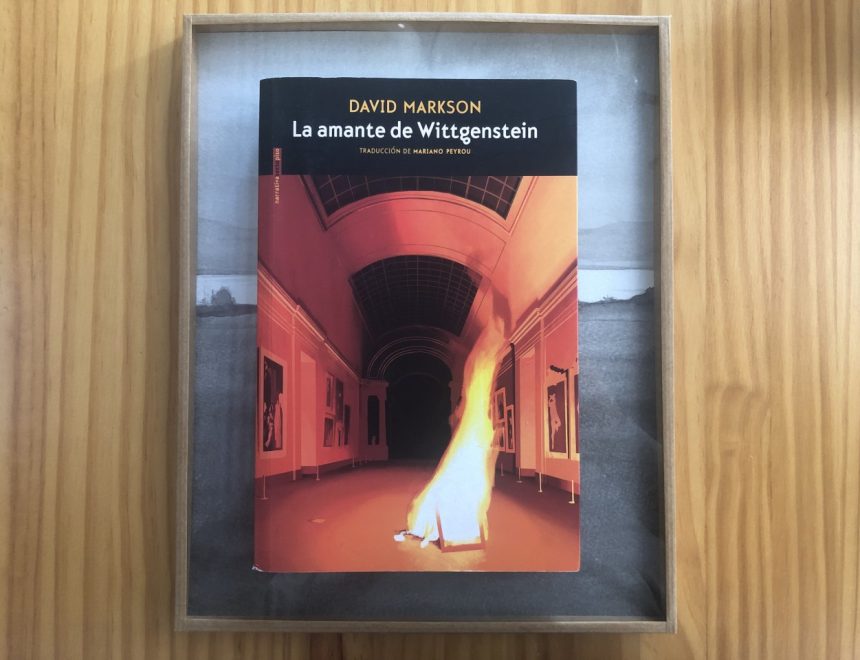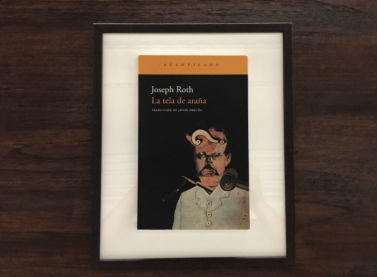El gesto narrativo. Transition and postmodernity
Wittgenstein’s Mistress (1988) by David Markson
The collection from IVAM is organised using six chronological and themed blocks which explain, with their own voice, the art developed from the beginning of the 20th century to the modern day. Perhaps not everything is as it is (or was), but it is everything that exists. Stories of the present – and those that come from far away but are updated in our present- should be told as a polyphony of voices and from contexts that make us sharpen our critical eye regarding their construction and relevance.
Over six sessions, using six books, we will delve into the narrative actions that literature offers us and we will link them together, sometimes with simple gestures and sometimes with more complex choreography, with the IVAM collection. The worlds of fiction build reality; they are reflective mirrors or transparent windows, but they always tell us what we are, or what we are eager to become, from our previous experience and towards our future possibility of transforming ourselves. In these narrative gestures, traversed by stories and lives, we will slow down.
1977-1989: Transition and postmodernity
This period gave rise to some of the most daring phenomena of the late seventies, underlain by concepts which we can, almost academically, call “postmodern”. The IVAM itself functioned as a historically determined institutional threshold born of the thematically overexploited Spanish Transition, and a peculiar phenomenon specifically rooted in the fact of the Spanish Autonomic Regions. Certain artists appeared who intensified the use of photography as a concept rather than as a mere imprint or index, and we can trace the construction of new theories of the image, visual studies, and the new range of disciplines which, together with the artists themselves, were to reinterpret the role of different practices.
—Wittgenstein’s Mistress (1988) by David Markson, Dalgey Archive Press (La amante de Wittgenstein. Trans. Mariano Peyrou, Ed. Sexto Piso).
Wednesday 15 February, 2023, 18:00
Museums in this novel are spaces which should encourage iconoclasm, or even the practical application of Walter Benjamin’s famous statement, “There is no document of culture that is not at the same time a document of barbarism”. The main character in this experimental, circular novel, which reiterates the possibility of narrative as a continuum between the essay and its inevitable mistakenness, recounts her memories and experiences. As she does so, the narrator Kate runs through the history of civilization and human culture, leading us into a trauma that cannot be avoided by literature, but can also not be overcome without it.




